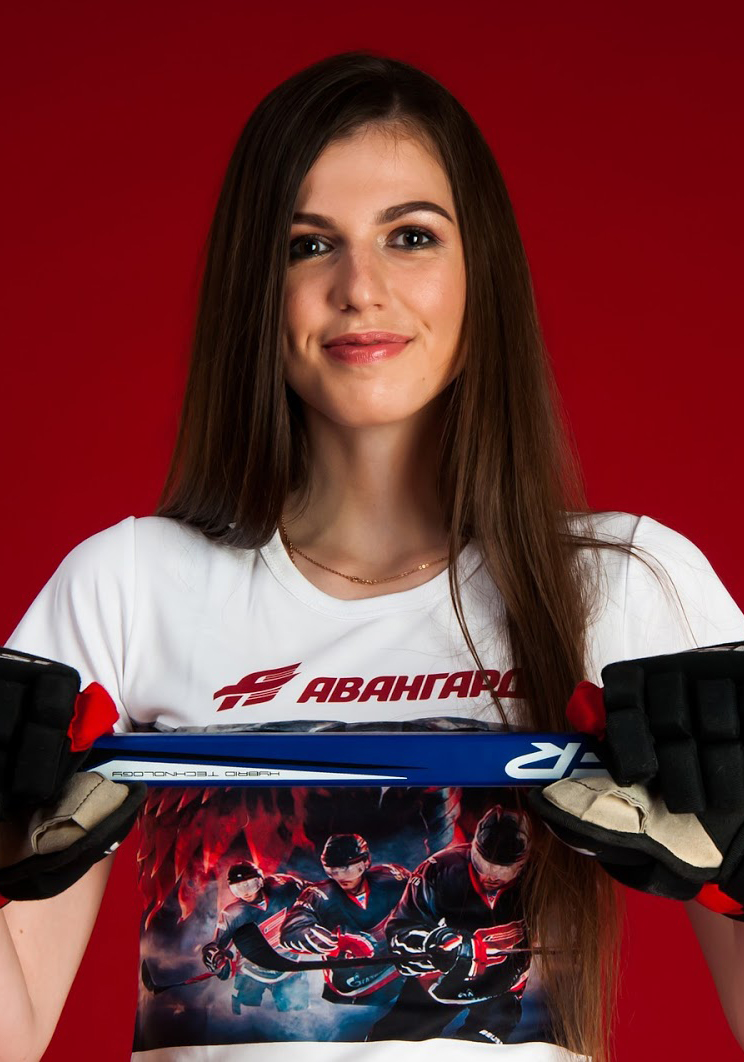Tips and tricks to help you be a better goalie.
5 Ways to be a Better Goalie
Hello Goalies! My name is Coach Dana and I am the owner of Advantedge Goaltending out of Michigan. I am also an NASM licensed Personal Trainer, Performance Enhancement Specialist, and current Goalie for the women’s Honeybaked team.
This will be my 20th season playing goalie and I wanted to share some tips to help you improve your game this season. Feel free to connect with me on Youtube: Advantedge Goaltending, Instagram @Advantedge_Goaltending, and Facebook AE Dana Timm. I also run a private group on facebook for fellow female goalies from all over the world called ‘GALtenders Unite (Hockey Goalies)’ so hop in there if you’d like to join! Here is a free 7 day workout program built just for goalies that can be done with no equipment at home check it out it’s FREE
Mainly:
- Goalie Specific Mobility:
Doing mobility at least five times a week is key for helping to improve flexibility and give yourself the best chance to avoid injuries. Flexibility training and Self-Myofascial Release (AKA Foam Rolling) are great ways to recover from a hard workout and improve your range of motion. Here is a free flexibility sequence that you can, Check it out!
sign-up for the 7 day challenge for plenty more!
- Hydrate:
Staying hydrated is key for any athlete but especially for a goalie since we tend to lose a ton of sweat underneath our gear. If you play inline hockey then you are likely sweating even more than us ice goalies, so you REALLY need to focus on this. A general rule of thumb for daily water intake is to consume 0.5 to 1 oz of water per pound of body weight a day but factoring in working out means more fluid consumption is needed to stay on top of your hydration. If you feel thirsty then you are already heading towards dehydration! According to the National Academy of Sports Medicine you should aim to consume at least 2-3 cups of water 2 hours prior to exercise then continue to hydrate by drinking 6-12 oz of fluid every 15 to 20 minutes of exercise. Regular water is adequate, however if you are working out hard beyond 60 minutes or have multiple games in a day (tournaments for example) then you can mix in electrolyte replacements but BE CAREFUL of excessive sugar and corn syrup and dyes. I know this sounds like a lot, but hydration is a major key to athletic performance and avoiding problems like muscle cramps!
- Hand-Eye Training:
Training your hand-eye reflexes is a great way to improve your game on the ice. Here is a free video showing you 5 Advanced Hand-Eye Drills, Check it out!
If you own an X-Tracker or Swivel Vision Goggles than feel free to use those during these training sessions. 10 minutes a day can really make a difference in your confidence on the ice!
- Have a Growth Mindset:
Always be ready and willing to learn. We are in a unique time where goaltending is so specialized and there are so many resources out there that there really is no reason to not be a student of the game. Be open-minded and use your time spent online and social media to research different techniques. See what different goalie coaches have to offer-surprisingly goaltending can be really specialized in terms of how we teach based on where in the world we are. Check out the differences between the ‘North American’ style and the more fluid ‘European Style’ (specifically Finland). There is a lot to learn!
- Learn to Take Criticism:
If you are lucky enough to work with a goalie coach during the season then trust me when I tell you that you have an opportunity that many goalies may not ever get. Growing up I had limited opportunities to work with a goalie coach and play college at the NCAA D3 level; we didn’t have a goalie coach at all!
Remember #4 because there are many different techniques and opinions that can be valuable to learn but focus on taking feedback and really trying to find a lesson in it instead of being defensive. Every coach wants to work with a coachable player so practice being open-minded. I always tell the goalies that I work with to take each technique that I teach them and think of it as a tool for their toolbox. I expect my goalies to listen and to try the techniques while we are practicing them so you can take it and store it in your toolbox. If you never use it again that is alright but if it helps you to make even one save in the future then it has proven valuable.
I hope that gave you some solid advice and training ideas! Be sure to start dialing in your off-season training so that you’ll be ahead of the competition this Fall =)
Tweet
